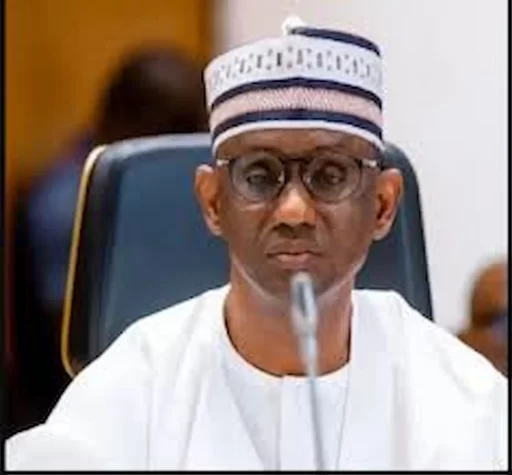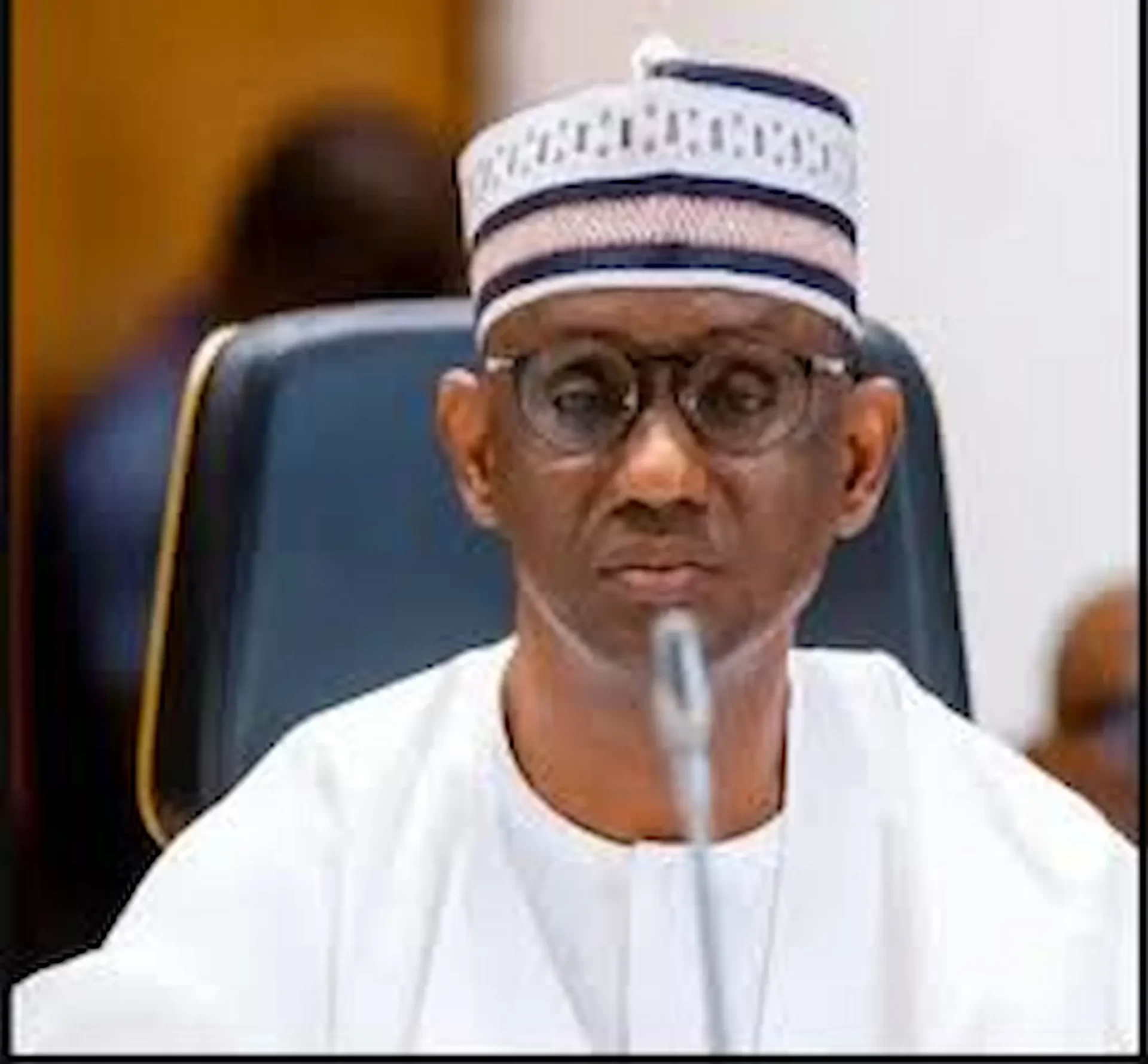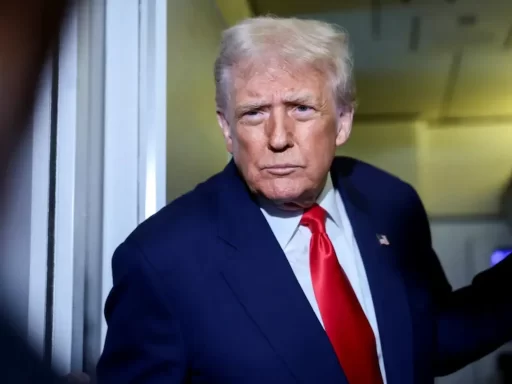Local Security Outfits Barred from Anambra Election Amid Tensions
By Naija Enquirer Staff
When Nigeria’s Inspector-General of Police (IGP), Kayode Egbetokun, announced that no vigilante group would be allowed to participate in the November 8 Anambra governorship election, it was more than a routine directive — it was an intervention in a deeply contentious debate that has polarized the state.
The Agunechemba Controversy
Governor Charles Soludo’s creation of Agunechemba, a state-backed security outfit established under the Anambra Homeland Security Law of 2025, was initially praised as a proactive step against growing insecurity. However, the group has since come under intense scrutiny following multiple allegations of misconduct.
The human-rights organisation, International Society for Civil Liberties and Rule of Law (Intersociety), accused Agunechemba operatives of extortion, running illegal checkpoints, and involvement in extrajudicial killings — including the reported deaths of three artisans at Owerre-Ezukala in Orumba South earlier this year. Other accounts also link the outfit to abductions and torture of residents allegedly misidentified as “unknown gunmen.”
Opposition parties have condemned the outfit, alleging political bias and intimidation ahead of the polls — fueling fears that it could be used to influence the outcome of the election.
Police Take Control of Election Security
To address these growing concerns, the IGP ordered the deployment of 45,000 police officers to Anambra and made it clear that only federal security agencies — including the Police, DSS, NSCDC, and the military — would be permitted around polling centres.
“No vigilante group will be allowed to play any role in the electoral process,” Egbetokun stated through Commissioner Abayomi Sogunle at the Inter-Agency Consultative Committee on Election Security in Abuja.
INEC’s Drive for Credibility
The Independent National Electoral Commission (INEC) reaffirmed its preparedness for the election, with Chairman Prof. Joash Ojo Amupitan, SAN, disclosing that 24,000 staff would be deployed across 5,718 polling units. Results will be collated from 326 wards and 21 local councils before transmission to the state collation centre in Awka.
To boost participation, INEC extended the Permanent Voter Card (PVC) collection deadline to 2 November, after revealing that only 64 per cent of registered voters had collected theirs. The commission also noted that voting would not hold in two polling units due to the absence of registered voters.
Mixed Reactions and Growing Uncertainty
Public reactions to the IGP’s directive have been mixed. While opposition figures remain skeptical, some analysts say the concerns are exaggerated. Public affairs commentator Clem Aguiyi told Naija Enquirer that vigilante networks in Anambra have traditionally complemented state security efforts but have never taken part in electoral duties.
“The IGP’s statement is routine — only unarmed police are allowed at polling centres, while armed officers man the roads to maintain order,” Aguiyi explained. “Agunechemba has no electoral role and isn’t equipped for it.”
As election day approaches, Anambra once again finds itself at the intersection of security, politics, and democracy — where public trust in the process may prove just as decisive as the ballots themselves.






